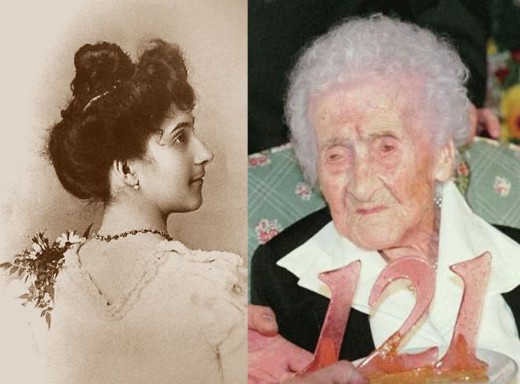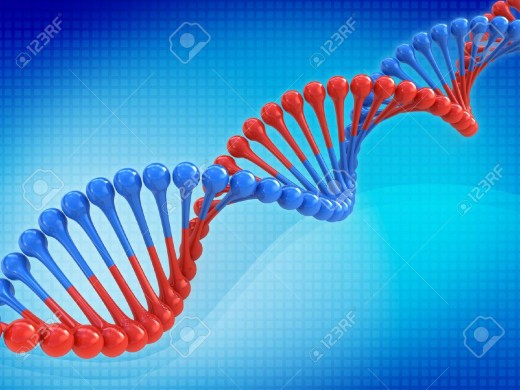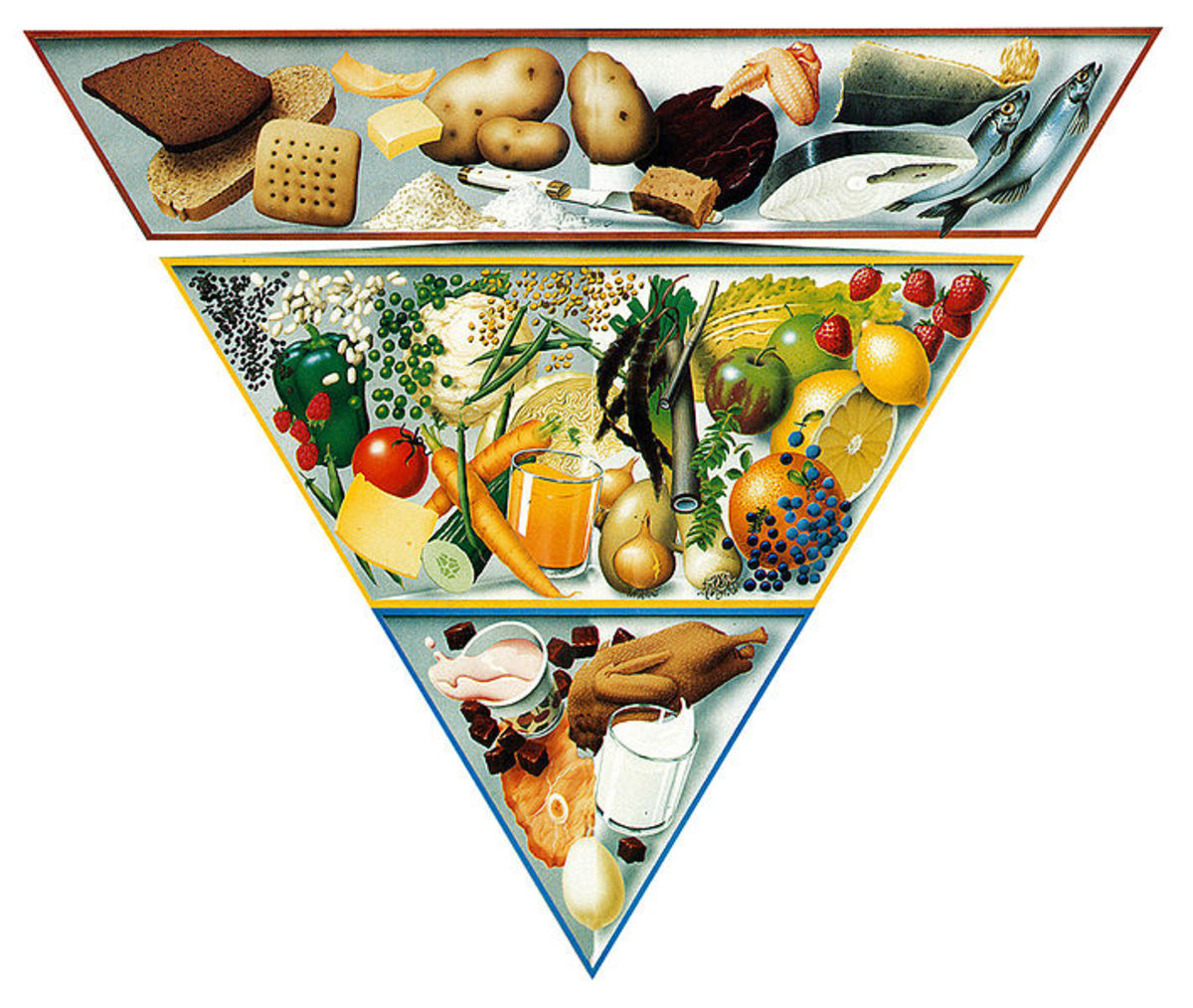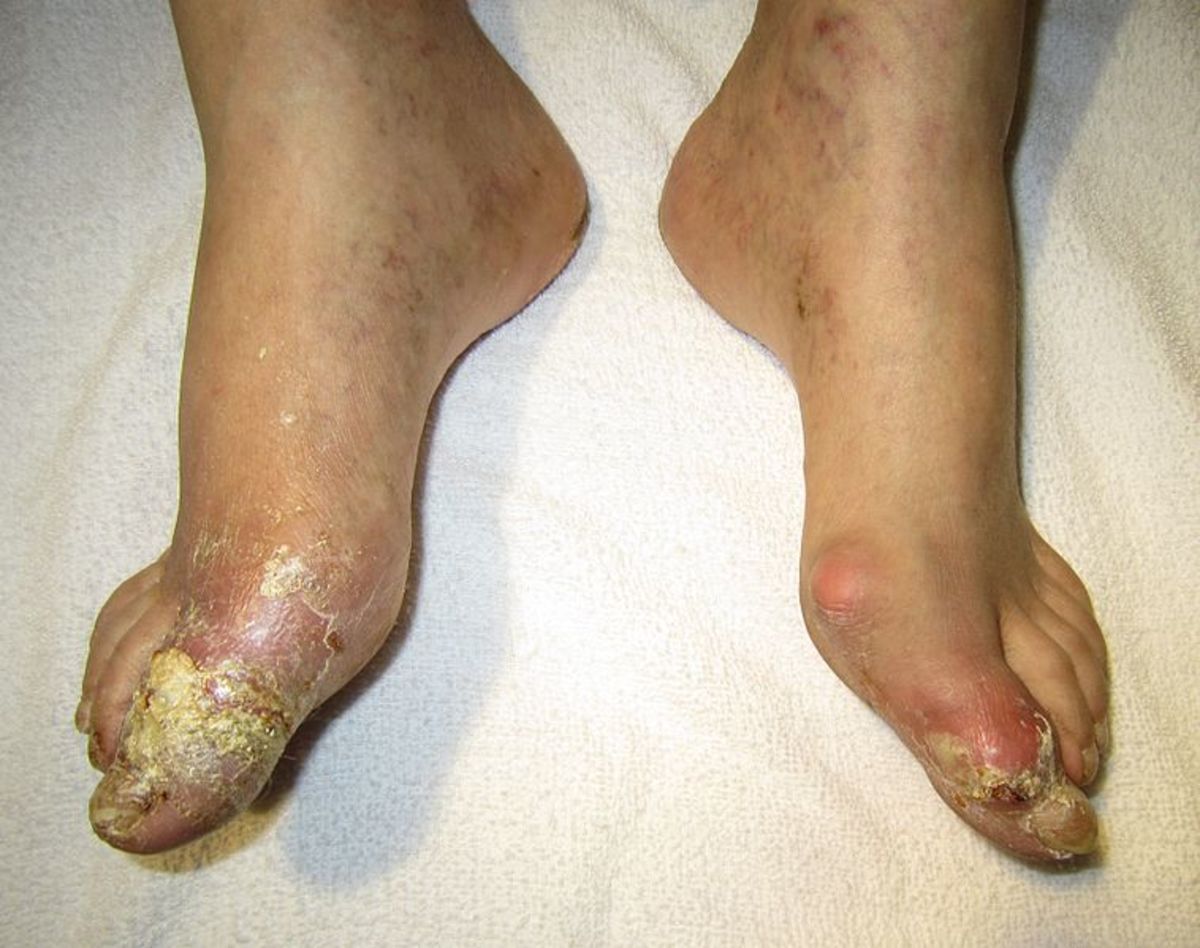How to slow down aging?
We know that life must come to an end eventually. But, we all want to live longer, healthier lives. And in the day of technological advancements, we are beginning to find out how we can live longer lives.

Today, the oldest person ever to have lived was Jeanne Louise Calment who lived for a total of 122 years and 64 days. She died in Arles, France on August the 4th 1997. It is predicted that the first person that lives to 150 is currently alive and any child born today has a reasonable chance of living to 120.
Although living forever is probably a task for neuroscientists, living for longer is a challenge for everybody. However, there are countless researchers such as Aubrey De Grey who are studying aging heavily. They have predicted that it will be a combination of genes, lifestyle and diet that play vital roles. Futurist and theoretical physicist Dr. Michio Kaku has predicted that there will be five main factors in longevity over the next century:
- Growing new organs as they wear out or become diseased, using tissue engineering and stem cells.
- Taking cocktails of proteins and enzymes that are designed to reset the biological clock, regulate metabolism and do other tasks to help reduce aging.
- Using gene therapies and mechanical engineering so that we can have genes that slow down aging.
- Maintaining a healthy lifestyle (exercise and diet).
- Uisng nanosensers to detect cancerous tumors years before they become problematic.
Nanosensors
One of the driving forces in technology over the coming century will be nanobotics. This is a topic that was covered a lot by Michio Kaku in 'Physics of the Future'. He says that by the year 2100, words such as 'cancer' will rarely be used any more because nanosensors will detect tumors very early on and they will then be treated very easily.
A main reason that aging might speed up is due to a person being subject to oxidative stress. So, the hustle and bustle of city life isn't great for you if you are trying to slow the biological clock. However, you can reduce stress by reading books that are light on the mind, doing yoga, meditating or just having that occasional bit of 'me' time.

Although your genes don't decide everything about your lifespan, they probably do play a vital role. Scientists and researchers trying to discover gene therapies that make you live longer say that their won't be one EUREKA!!! moment when they discover a gene that will make you live for years longer but there will be several genes that each play a small role.









